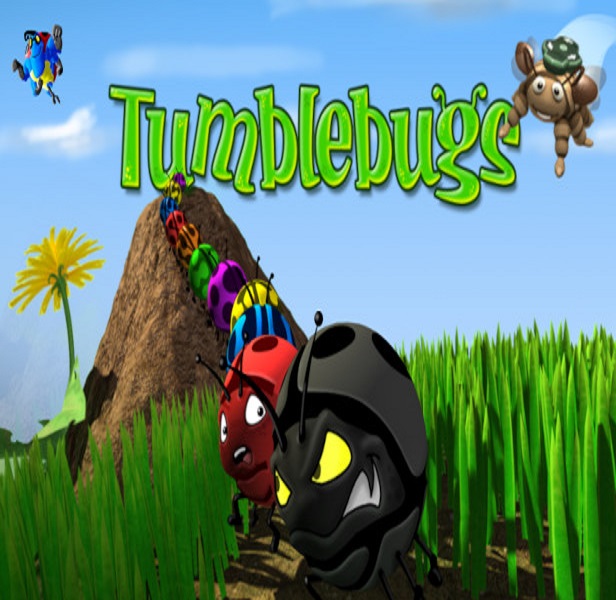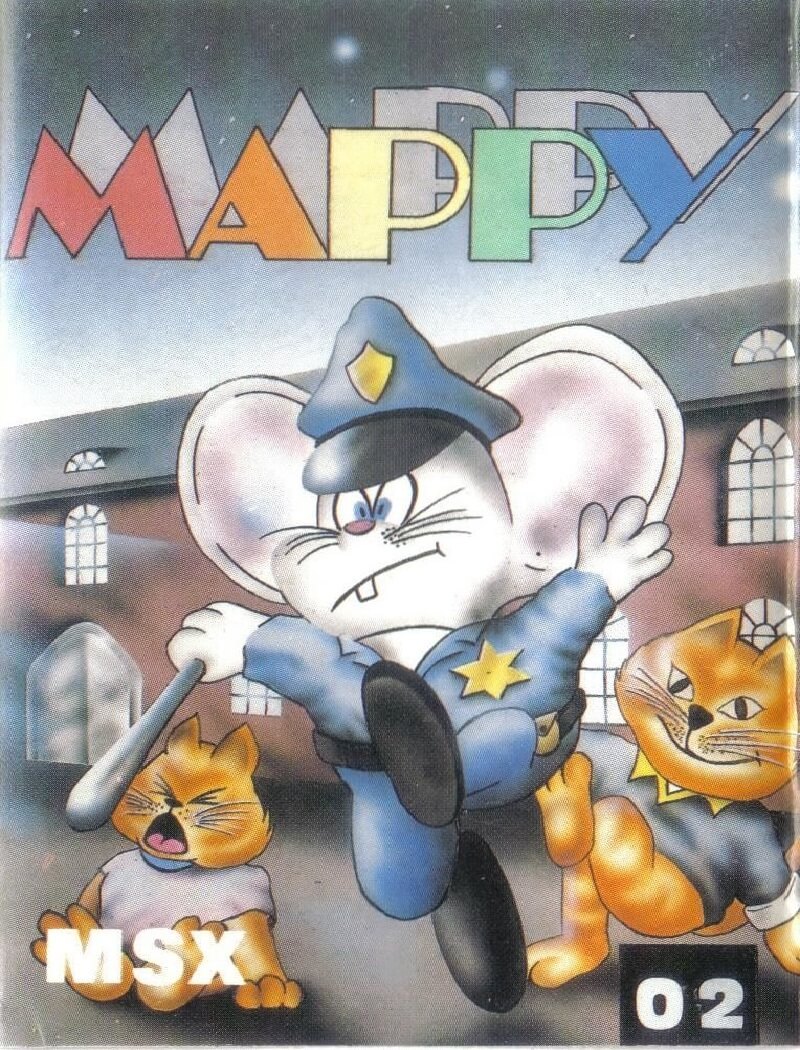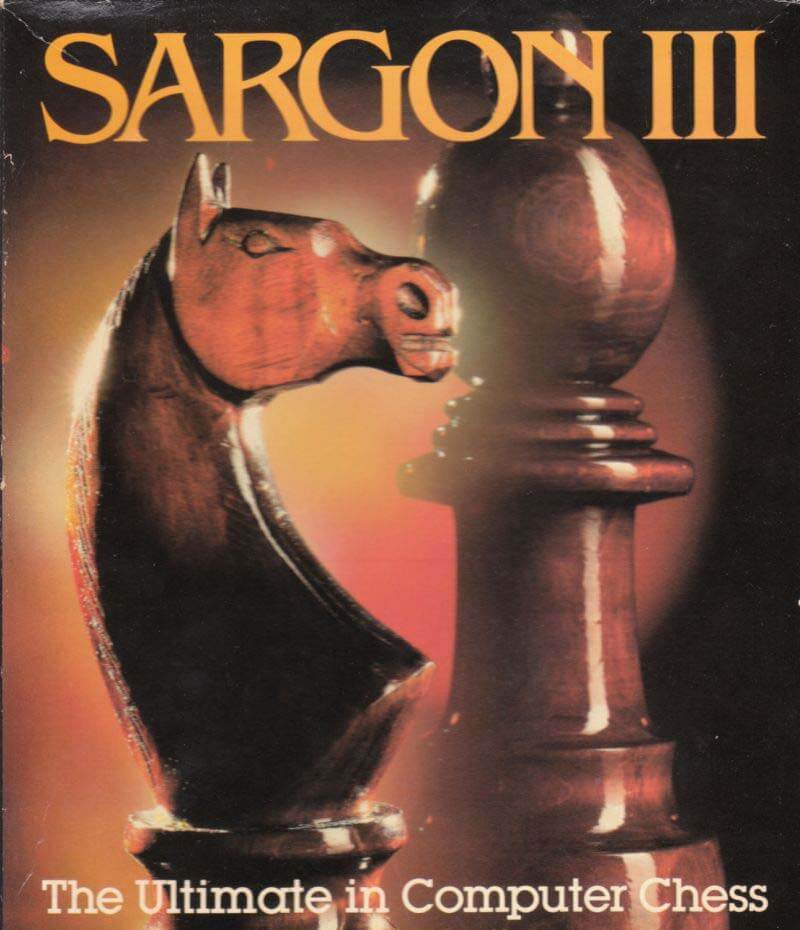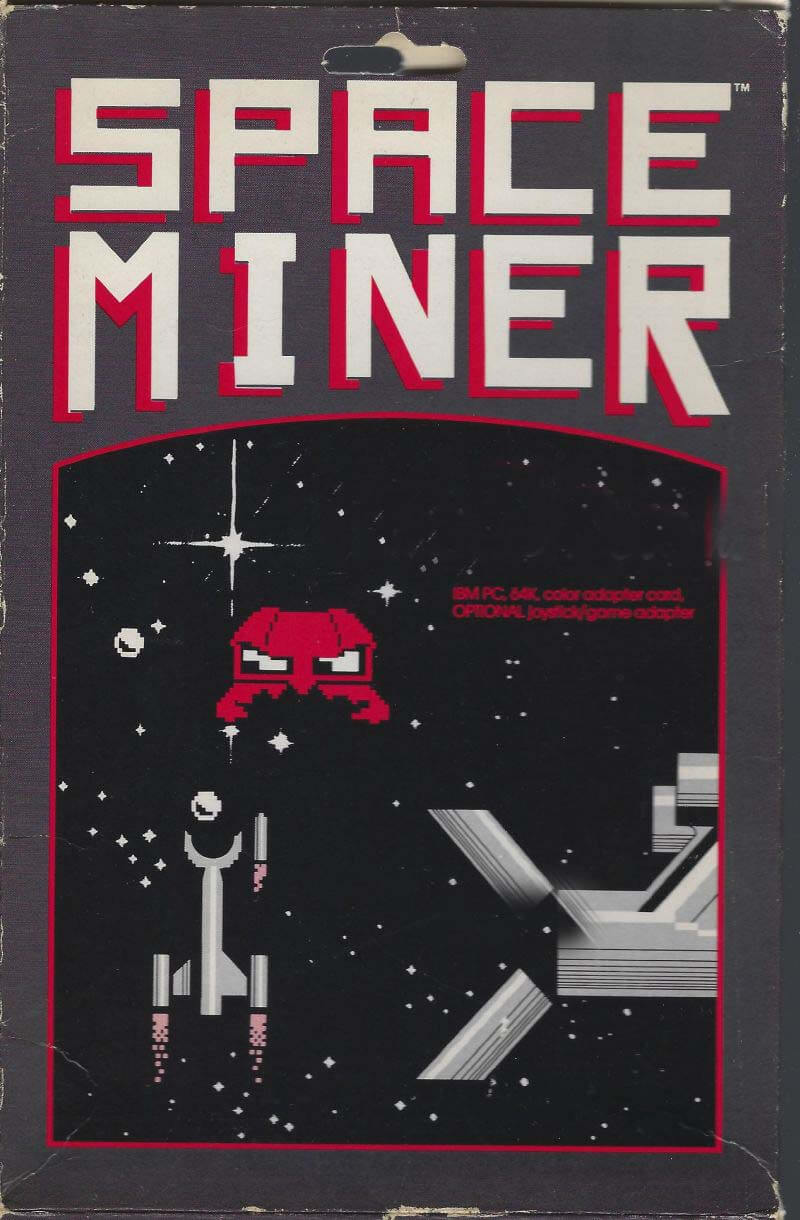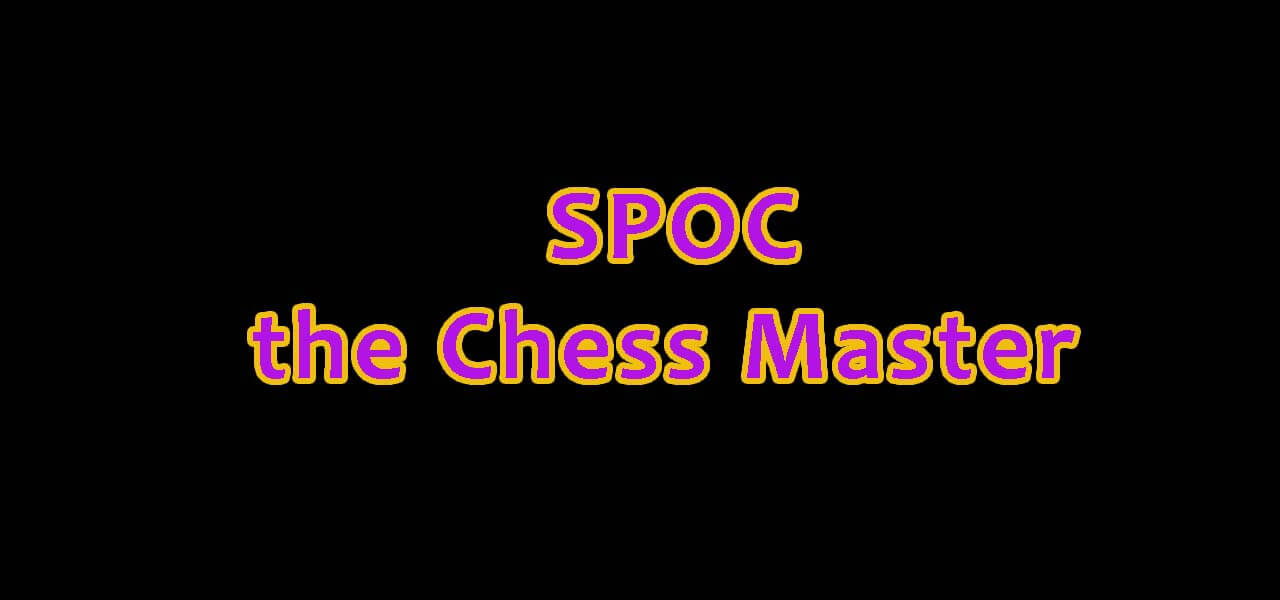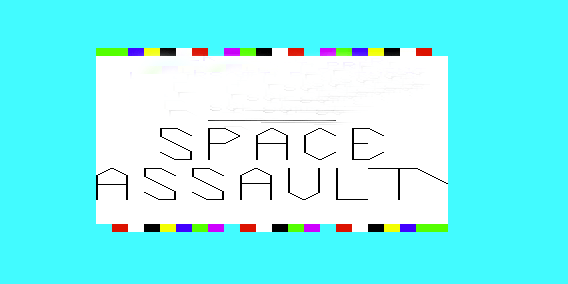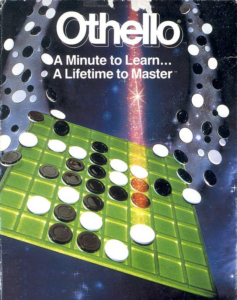
Download Othello
Othello_Atari-2600_EN.zipThe game of Othello, also known in some regions as Reversi, has enthralled strategy game enthusiasts since its inception. Originating much earlier, the modern version that we know and love today was popularized in 1971. However, it was in 1980 that Othello made a significant leap, transitioning onto electronic gaming platforms and thereby reaching an even wider audience. We will delve into the evolution, gameplayand lasting appeal of Othello, especially focusing on its 1980 version.
The Evolution of Othello
Othello’s journey began long before the digital version appeared in 1980. The game, with roots possibly dating back to the 19th century under the name Reversi, was adapted and popularized by two Japanese men, Goro Hasegawa and his father, who refined and trademarked it as “Othello” in the 1970s. Their version mirrored the strategic complexity and duality found in William Shakespeare’s play, Othello, from which its current name is derived. The game quickly gained popularity in Japan before spreading to the rest of the world.
In 1980, Othello lived through a renaissance of sorts when it was launched on various electronic platforms, including dedicated Othello game consoles and home computers. This version leveraged the growing interest in video games, marrying traditional board game strategy with the convenience and novelty of digital play. This transition significantly expanded its audience and solidified Othello’s place in the hall of fame of classic games that have successfully made the jump from analog to digital format.
How Othello is Played
In its essence, Othello is a two-player strategy game played on an 8×8 squared board, nearly identical to a chessboard. Each player chooses a color, black or whiteand takes turns placing discs on the board with their chosen color facing up. The objective is to capture your opponent’s discs by trapping them between two of your own. Any captured discs are then flipped over to match the capturing player’s color. Gameplay progresses until either all 64 squares are filled or no further moves can be made by either player. The winner is the one with the most discs of their color on the board at the game’s conclusion.
The strategic depth of Othello lies in its simplicity. Players must carefully consider each move, not only to increase their own count of discs but to limit their opponent’s options as well. This dual objective adds a layer of complexity that has kept the game interesting to both casual and competitive players alike.
The Enduring Appeal of Othello
What keeps Othello relevant and engaging decades after its digital incarnation in 1980? Several factors contribute to its longstanding appeal:
- Easy to Learn but Hard to Master: Othello’s rules can be quickly grasped by beginners, making it accessible to a wide demographic. However, mastering the game requires strategic thinking and foresight, appealing to those who enjoy a challenge.
- Quick Gameplay: A game of Othello can be concluded relatively quickly, making it an ideal pastime that doesn’t necessarily require a large time commitment.
- Versatility: Its straightforward yet engaging mechanics have allowed Othello to be adapted across a variety of platforms, from physical boards to digital versions on computers and even apps on smartphones.
- Competitive Scene: Othello boasts a robust competitive scene with clubs, national leaguesand a World Othello Championship, which has been held annually since 1977. This competition adds a level of excitement and global camaraderie to the game.
The digital release in 1980 was instrumental in showcasing Othello to a broader audience, embracing the wave of electronic gaming and securing its place as a beloved classic. This digital version allowed players to practice against computer opponents, a feature that was especially useful for honing skills and strategies.
Conclusion
The game of Othello, particularly its 1980 digital version, is a testament to the timeless appeal of well-crafted strategy games. Its easy-to-learn rules, strategic depthand quick gameplay ensure that it remains a favorite among both casual and competitive players. Othello exemplifies how traditional games can successfully transition into the digital age, maintaining their essence while reaching new generations of players. As we look back at its evolution, it is clear that Othello’s simplicity, paired with its profound strategic possibilities, has cemented its place in the pantheon of classic games, continuing to captivate and challenge players around the world.
To this day, Othello remains not just a game of black and white discs on a board but a symbol of strategic duality and competition that transcends age, cultureand technology. Whether on a physical board or through a screen, the essence of Othello—capturing territory, outsmarting the opponentand the dramatic turnabouts—continues to enthral. Its legacy, particularly the leap it made in 1980, is a testament to the enduring appeal of games that require not just luck but foresight, strategyand a keen mind.
